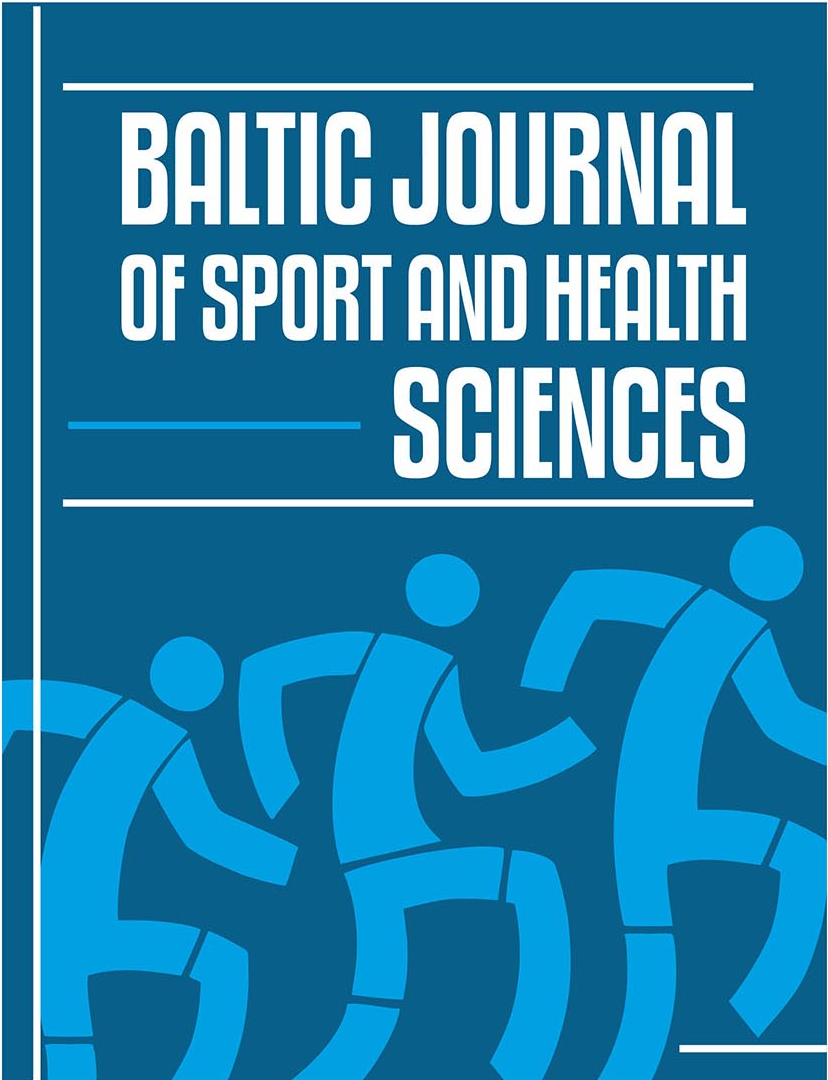The Effect of Strength Training on the Quality of Life and Cognitive Functions of Elderly People
Abstract
Background: The evidence from research shows positive effects of physical exercise, both aerobic and resistance training, and their combination, on cognitive performance. Possible biological mechanisms that may underlie the effectiveness of physical exercise include increased blood flow in the brain, changes in neurotransmitter release, and the process of neurogenesis (Sumińska, 2021). However, there is still a lack of sufficient research on the relationship of physical exertion and aging, and their interaction. New research is looking for the best tools and methods to improve the quality of life of older people.
Methods: This study evaluated 65 non-exercising men over the age of 60. The participants were divided into groups of restricted blood flow training (BFRT), concentric training (MDRT) and control groups. Strength training in which leg pressing, leg bending and leg extension exercises were performed lasted 12 weeks. The short version of the World Health Organization (WHO 100) Quality of Life Questionnaire was used to assess quality of life, the subjects’ physical abilities were evaluated using the Fullerton Test set, and ANAM4 cognitive function tests were used to assess cognitive functions
Results: When comparing restricted blood flow, concentric training and control groups, the results of the functional test evaluation were improved statistically significantly: standing and walking, standing up from a chair (p<.001). The result of the hand grip test did not change significantly. The results of the quality of life assessment deteriorated statistically significantly in all the groups: in the areas of physical health, social relations and environment (p <.001), and in the area of psychological health (p=0.001). When evaluating cognitive functions we found that only inhibition function (Go/No Go) improved significantly (p<.001).
Conclusion: The study found that regardless of the type of strength training, the quality of life of elderly did not improve. Both types of training resulted in statistically significant improvements in cognitive inhibitory function in older adults.
Keywords: strength training, elderly, aging, cognitive function, life quality
Downloads
Published
Issue
Section
License
Copyright (c) 2024 Author(s). Published by Lithuanian Sports University.

This work is licensed under a Creative Commons Attribution 4.0 International License.






